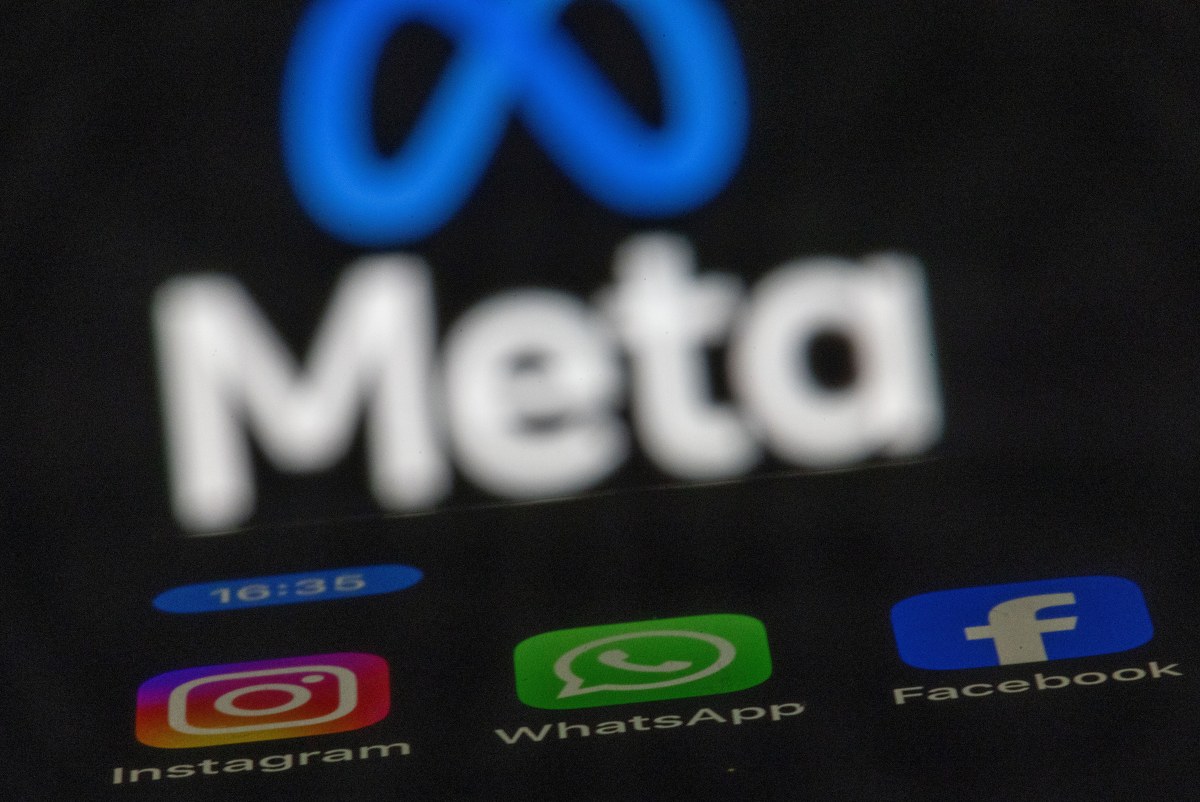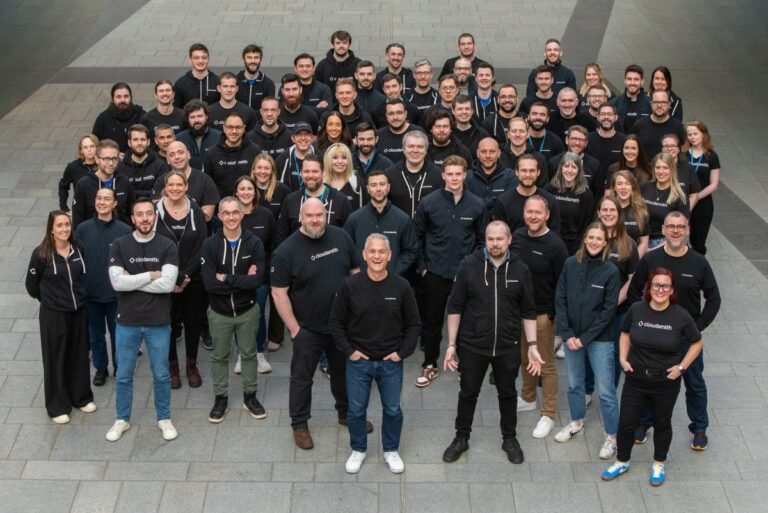Meta Resolves UK Ad-Tracking Lawsuit: No More Tracking for Plaintiff’s Privacy Rights
In a significant victory for privacy rights, human rights advocate Tanya O’Carroll has compelled Meta, the parent company of Facebook and Instagram, to cease using her personal data for targeted advertising. This breakthrough emerged from a legal settlement stemming from her challenge against Meta’s data tracking practices initiated in 2022. O’Carroll’s case underscores the importance of individual rights in the digital age, particularly concerning data protection.
Key Details of the Settlement
The settlement comes after O’Carroll asserted her legal right to object to the use of her personal information for direct marketing as outlined in U.K. and E.U. data protection laws. She argued that once a user objects, their personal data should no longer be processed for marketing purposes. Meta disputed this claim, stating that its personalized advertisements do not constitute direct marketing.
Impact on Meta’s Advertising Practices
- Individual Win: O’Carroll’s case is a personal triumph, as Meta is now obligated to stop using her data for ad targeting when she utilizes its services.
- Setting a Precedent: The settlement may encourage others to assert their rights against intrusive advertising practices, promoting greater respect for user privacy.
- Legal Uncertainty: While O’Carroll achieved her objective, Meta has not accepted liability, leaving the door open for future challenges.
In an interview with TechCrunch, O’Carroll described the outcome as a bittersweet victory. She emphasized that her goal was to demonstrate the existence of the right to object and its applicability to Meta’s business model, which relies heavily on targeted advertising.
The Broader Context of Data Protection Laws
The challenge O’Carroll presented was based on the General Data Protection Regulation (GDPR), which has been a cornerstone of privacy protection in Europe since its implementation in May 2018. However, enforcing these regulations against companies like Meta has proven to be a complex and often frustrating process.
Historical Challenges in Enforcement
- The GDPR has led to numerous complaints against Meta, resulting in hefty fines, yet the company’s core business model remains largely unchanged.
- Despite ongoing regulatory scrutiny, the shift towards more stringent enforcement of data protection laws appears to be gaining momentum.
- O’Carroll’s case highlights that individuals can successfully challenge tech giants and advocate for their privacy rights.
O’Carroll noted that the U.K.’s Information Commissioner’s Office (ICO) intervened in her case, providing her with a hopeful indication that other users may receive support in their objections against Meta’s data practices.
The Future of Meta’s Business Model
Looking ahead, O’Carroll speculated that Meta may transition to a “pay or consent” model in the U.K., similar to the approach it adopted in the E.U. last year. This would require users to either agree to tracking or pay for an ad-free experience.
While specific details regarding the tracking-free access granted to O’Carroll remain undisclosed, she confirmed that she would not incur any costs to access this option.
For more information on data protection rights and privacy advocacy, you can visit the Information Commissioner’s Office website.







